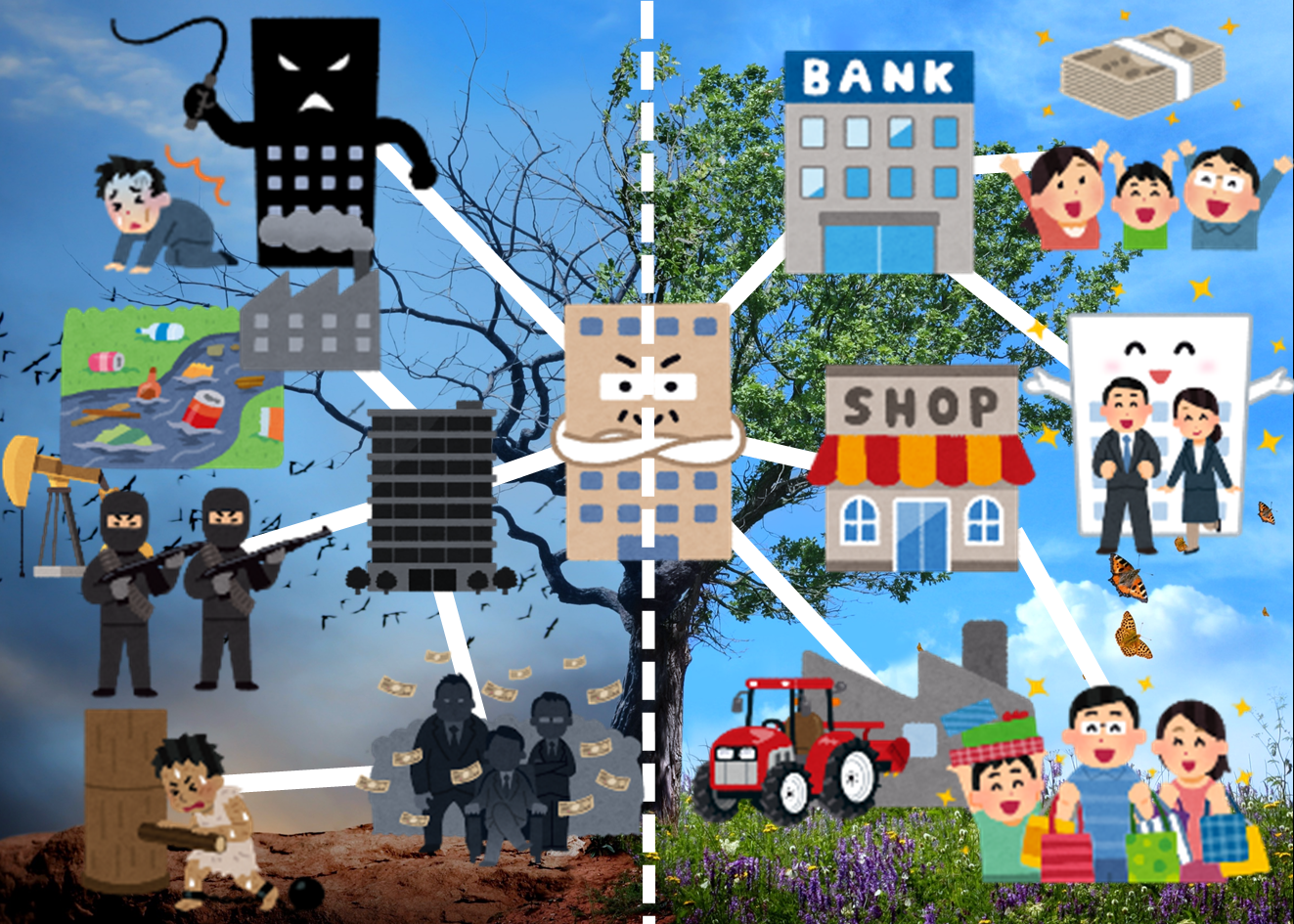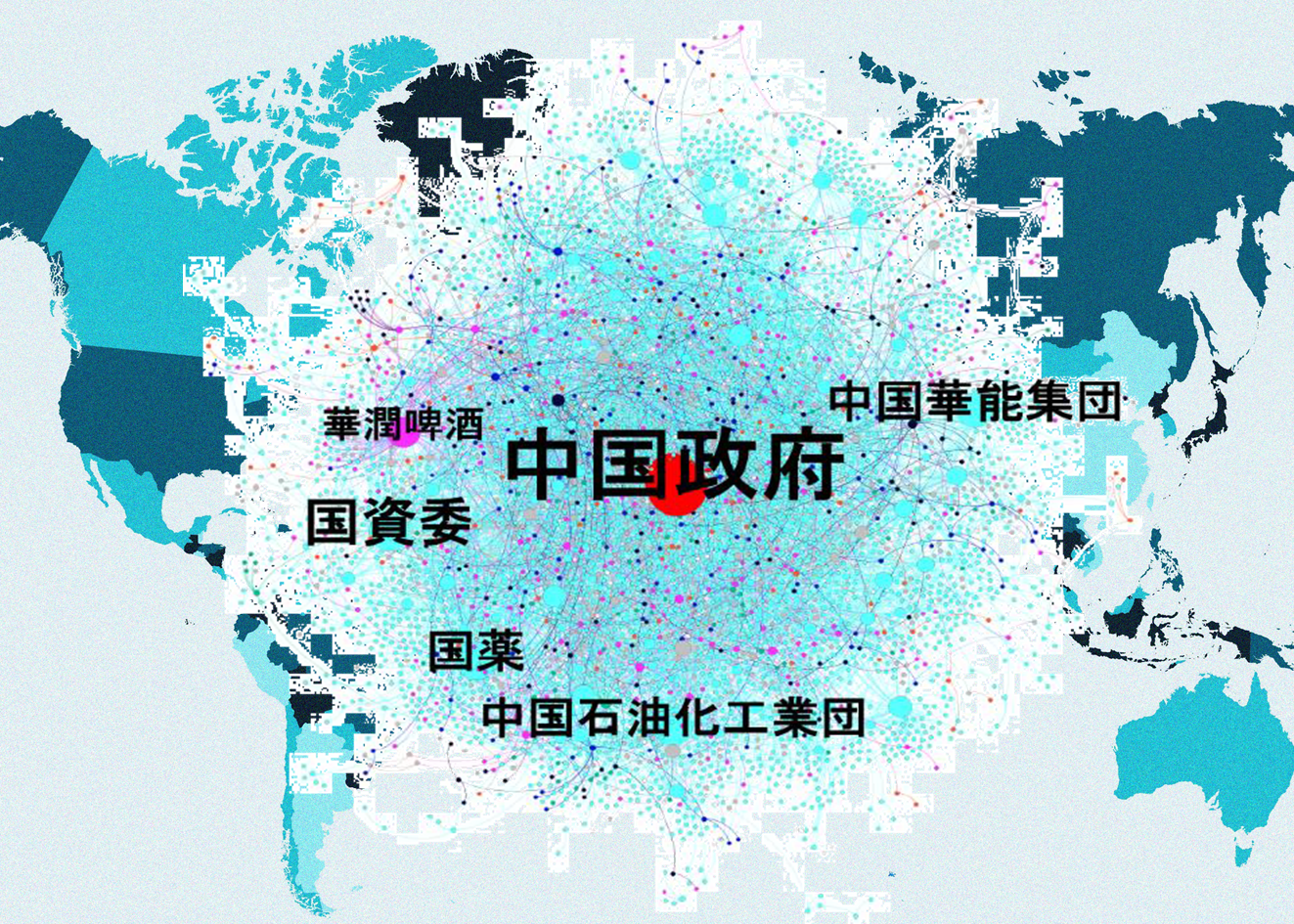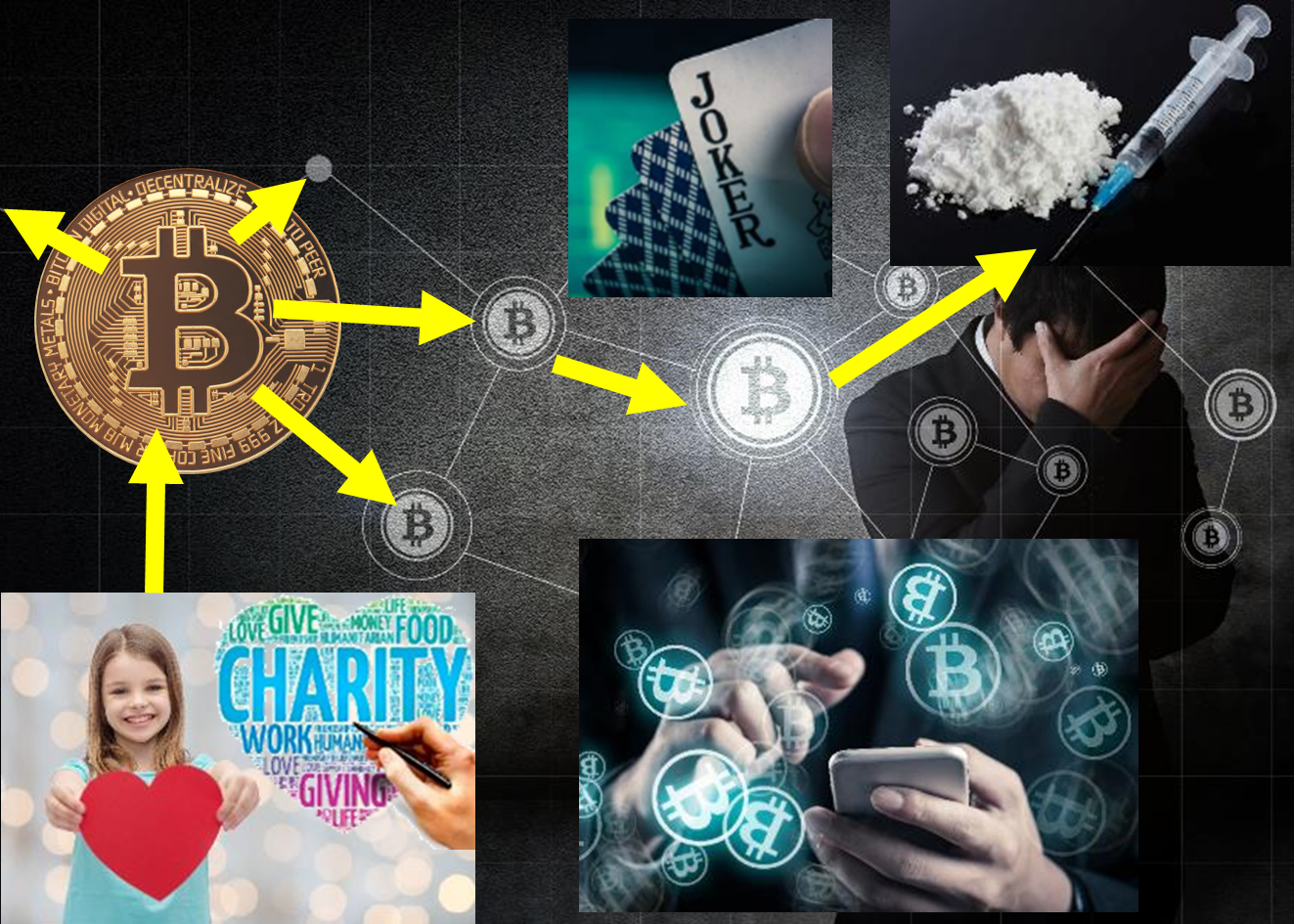Research
Conflict Minerals / Modern Slavery
Research on dark side correction through the global supply chain
Are we unknowingly dealing with rogue companies on the other side of the world?
Globalization provides great benefits. It allows us to establish friendships with people from many other countries, and to obtain products from around the world that cannot be made in our own country.
But is it all good? Most of the raw materials for ordinary electronic devices are mined in areas that are affected by conflicts.
As a result, through a complex and mysterious global supply chain, we are indeed supplying money to dark sites around the world.

Visualizing globalization with big data
By collecting huge quantities of documents such as securities reports containing information on business clients, shareholders, partners, licensees, importers and exporters, we can connect them together like beads on a string.
Similarly, through the careful collection of reports such as news articles and NPOs from around the world, we can flag up companies that have caused problems.
Our results show that it really is quite easy to form connections with dubious companies around the world.

Bad people have other bad people next to them
Although the global supply chain appears to be a jumbled mess at first glance, it also follows certain rules. Communities are formed by friendly relationships.
Most communities are perfectly respectable, while businesses that cause problems are concentrated in a very small number of communities.
How did we end up being connected with businesses that have turned to the “dark side”?

Bridge companies: Our links to the dark side
A few important hubs form essential links through which goods have to flow as part of the supply chain. These hubs, which are called bridge companies, can be easy found using the network index, "betweenness centrality".
Businesses that are connected to bridge companies should spend their money responsibly. Bridge companies can also form partnerships and use their money to make improvements upstream.
[1] T. Mizuno, T. Ohnishi, T. Watanabe (2016) EPJ Data Science 5, 2.
Research topics
-

Conflict Minerals / Modern Slavery: Research on dark side correction through the global supply chain
-

The rise of China: Visualization and prediction of power struggles in globalized shareholder networks
-

Economic bubbles and financial crises: Detecting outliers generated by self-feedback and crowd behavior
-

Exclusive nationalism versus multicultural symbiosis: A study of cultural fusion and conflict using big data on the movement of people
-

The economics of online society: Preventing excessive competition in a cyber society free from spatial constraints
-

Safe and secure cryptocurrency society: A study of remittance control systems for the cryptocurrency age
-

Manipulation of public opinion: A study of how it can be prevented in SNSs
-

Wealth inequality: A study of corporate productivity and social polarization